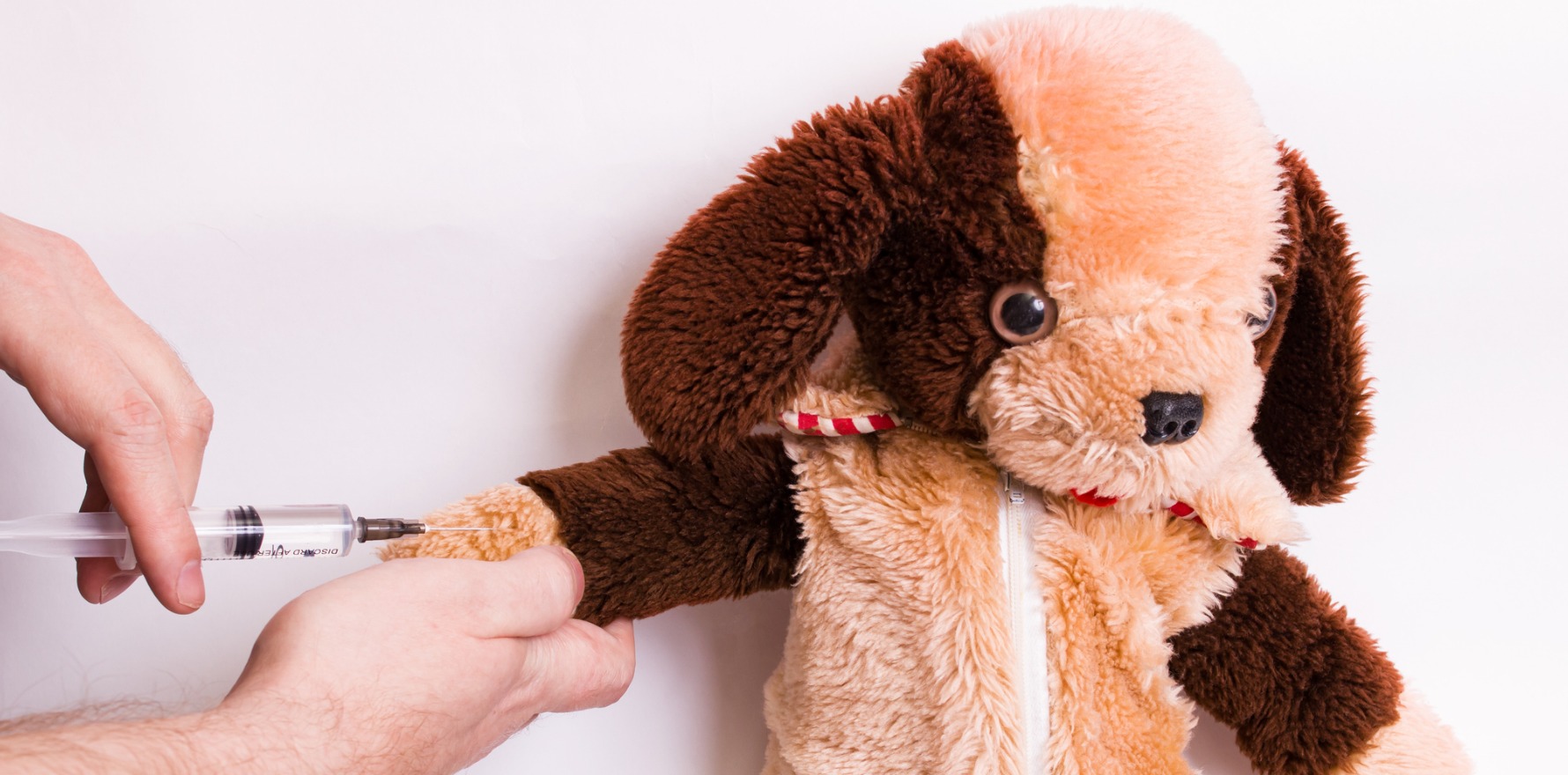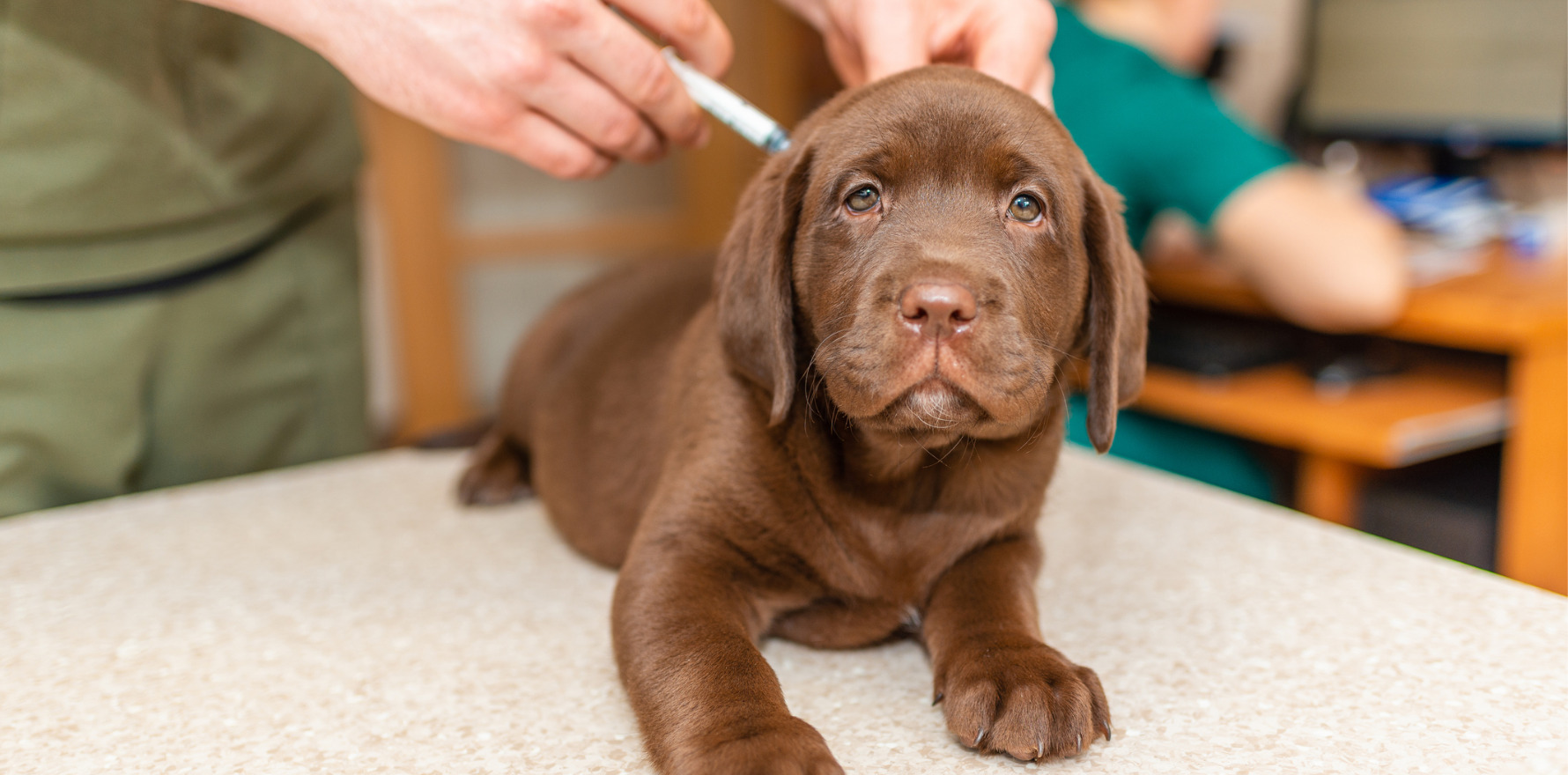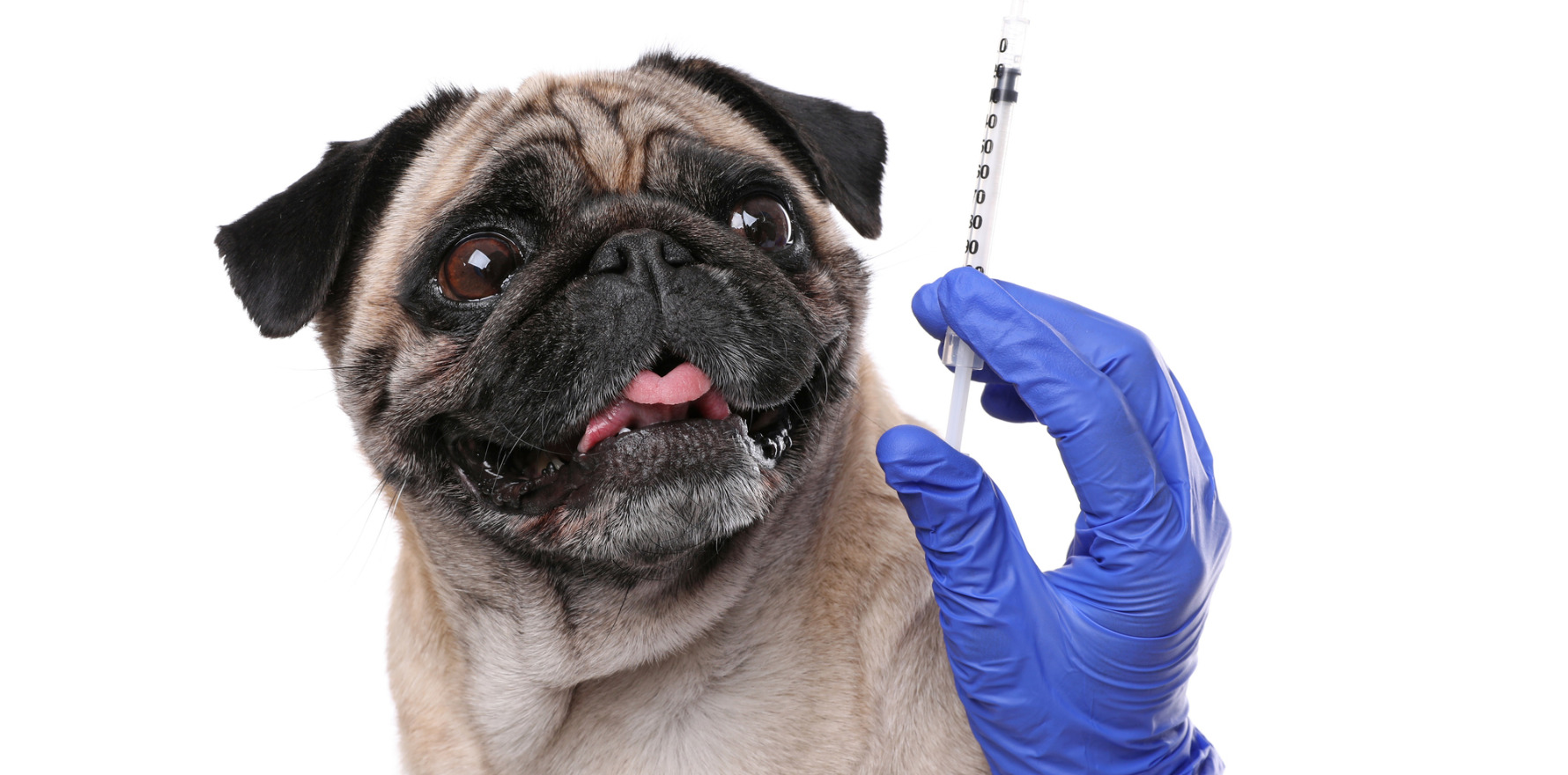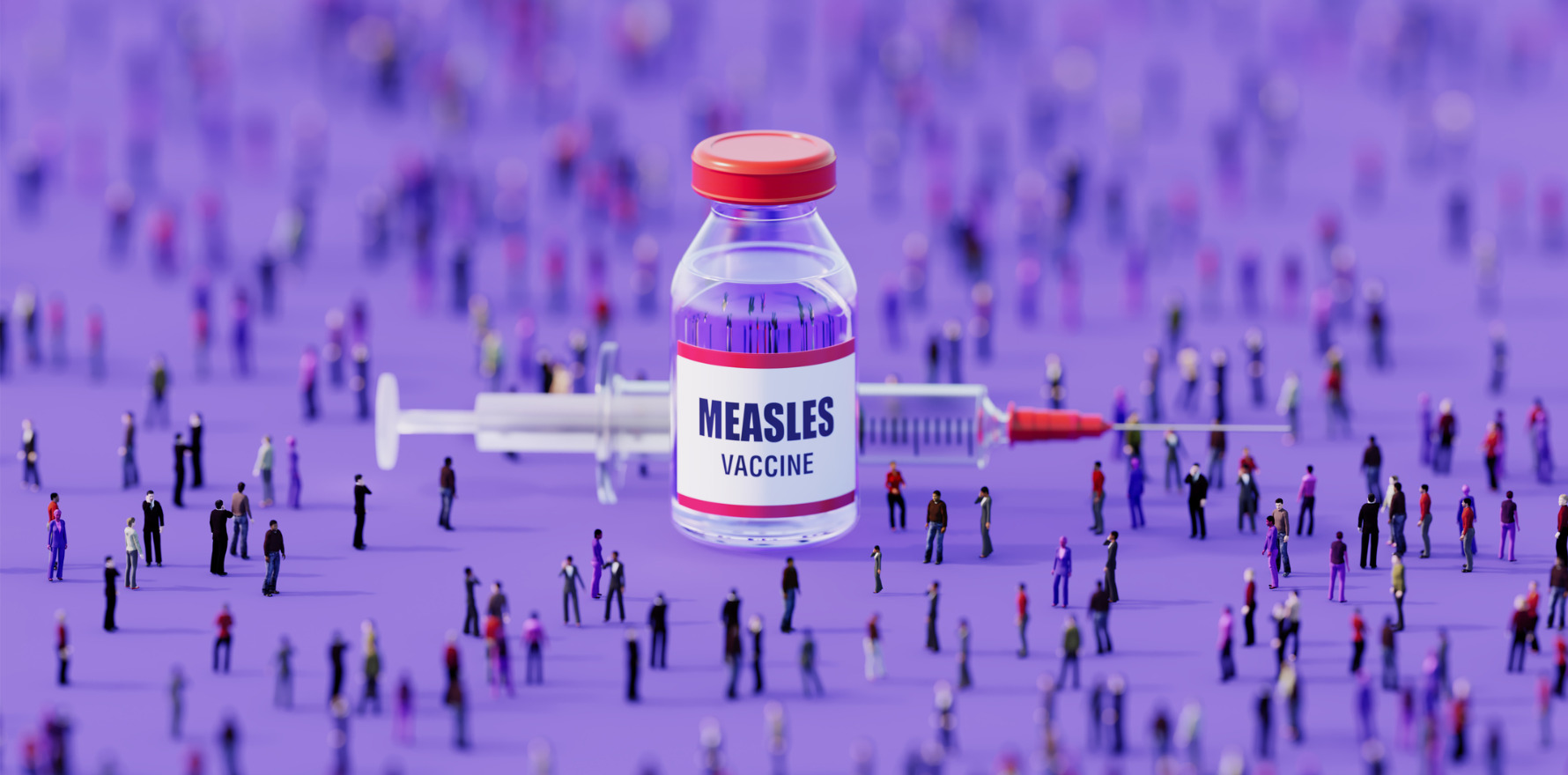From 1 July, some residents will be eligible for a free dose of the MMR vaccine as part of a state-funded campaign to boost coverage.
GPs and pharmacists in South Australia will be armed with additional doses of the Measles Mumps Rubella vaccine specifically for residents planning overseas travel, as the Australian measles outbreak continues to grow.
The state-funded measles vaccination program will kick off on 1 July.
Initially, only adults born during or after 1966 who haven’t received two doses of the vaccine and children aged between six and 12 months who are travelling overseas in the next three months will be eligible.
Any of the infants who receive an MMR dose between six and 12 months would still need two subsequent doses as per the National Immunisation Program to ensure full immunity.
“If you were born after 1966 and particularly before 1989 and are travelling overseas in the next three months, now is the time to check your vaccination record or talk to your immunisation provider about whether you need additional vaccination to be fully protected against measles,” South Australian chief public health officer Professor Nicola Spurrier said.
“If you are travelling overseas in the next three months with an infant 6-12 months of age, you can now have them vaccinated to protect against measles and have that peace of mind.”
The program is expected to expand to include non-travellers later in the year.
With international supply restrictions on the MMR vaccine, the Commonwealth is providing additional doses from its stockpile as part of the program.
Related
SA is a relative latecomer; NSW, the Northern Territory, Tasmania and WA all offer subsidised pre-travel vaccines for infants.
Queensland and Victoria also have state-funded MMR catchup programs for adults not covered by the National Immunisation Program.
The federally funded NIP provides free MMR vaccines for children 12 months and over, people under 20 years of age who need catch-up vaccination and refugees of any age.
Australia has recorded 77 cases of measles so far this calendar year, compared to 57 in all of 2024.
Most cases have been in unvaccinated people aged between 20 and 59 years and were associated with overseas travel.
The Australian Health Protection Committee issued a statement over the weekend noting its concern over the outbreak, and emphasising four priority areas: on-time vaccination for children, catch-up vaccination for adults and older children, vaccinations for people travelling overseas and nationally consistent information for providers and the public.
It also noted that many Australians born between 1966 and the mid-1990s only received one dose of a measles vaccine during childhood, and that other countries introduced two-dose vaccine programs at different times.
The committee encouraged anyone born during or after 1966 who does not have evidence of receiving both doses seek vaccination from their healthcare provider.





